Animals
-
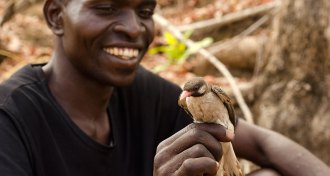 Anthropology
AnthropologyHumans, birds communicate to collaborate
Bird species takes hunter-gatherers to honeybees’ nests when called on.
By Bruce Bower -
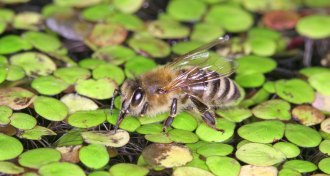 Animals
AnimalsTo douse hot hives, honeybee colonies launch water squadrons
The whole superorganism of a honeybee colony has sophisticated ways of cooling down.
By Susan Milius -
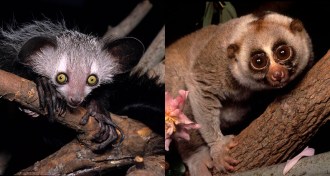 Animals
AnimalsSome primates prefer nectar with a bigger alcohol kick
Aye-ayes and slow lorises may be able to discern the alcohol content of boozy nectar and go for more potent drinks.
-
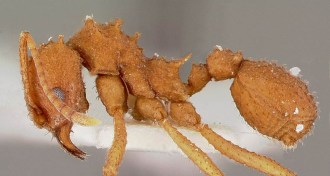 Animals
AnimalsTiny ants move a ton of soil
For the first time, scientists have quantified how much soil ants move underground.
-
 Genetics
GeneticsHerbicide no match for fruit flies’ gut microbes
Friendly gut bacteria team up to break down herbicide that might otherwise harm fruit flies.
-
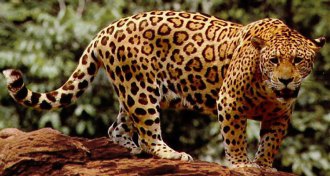 Animals
AnimalsFor jaguars, armored prey is no obstacle
With big heads, thick teeth and strong muscles, jaguars have evolved to take on dangerous prey, often animals covered with thick armor.
-
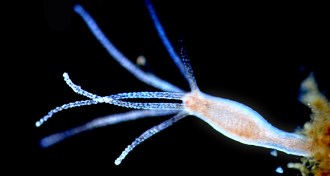 Animals
AnimalsOrganisms age in myriad ways — and some might not even bother
There is great variety in how animals and plants deteriorate (or don’t) over time.
By Susan Milius -
 Animals
AnimalsReaders mesmerized by ‘Strange visions’
Animal vision, ice-making microbes, brain maps and more reader feedback.
-
 Animals
AnimalsWhat animals’ life spans can tell us about how people age
The animal world can offer insights into human longevity.
-
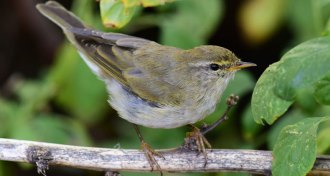 Animals
AnimalsWhen bird populations shrink, females fly away
In small and shrinking populations of willow warblers, males outnumber females. That’s because girls choose to join bigger groups, a new study finds.
-
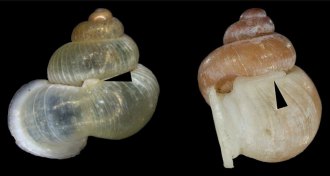 Animals
AnimalsHow snails breathe through snorkels on land
Shells with a tube counterintuitively sealed at the end have hidden ways to let Asian snails snorkel while sealed in their shells.
By Susan Milius -
 Animals
AnimalsHow snails breathe through snorkels on land
Shells with a tube counterintuitively sealed at the end have hidden ways to let Asian snails snorkel while sealed in their shells.
By Susan Milius